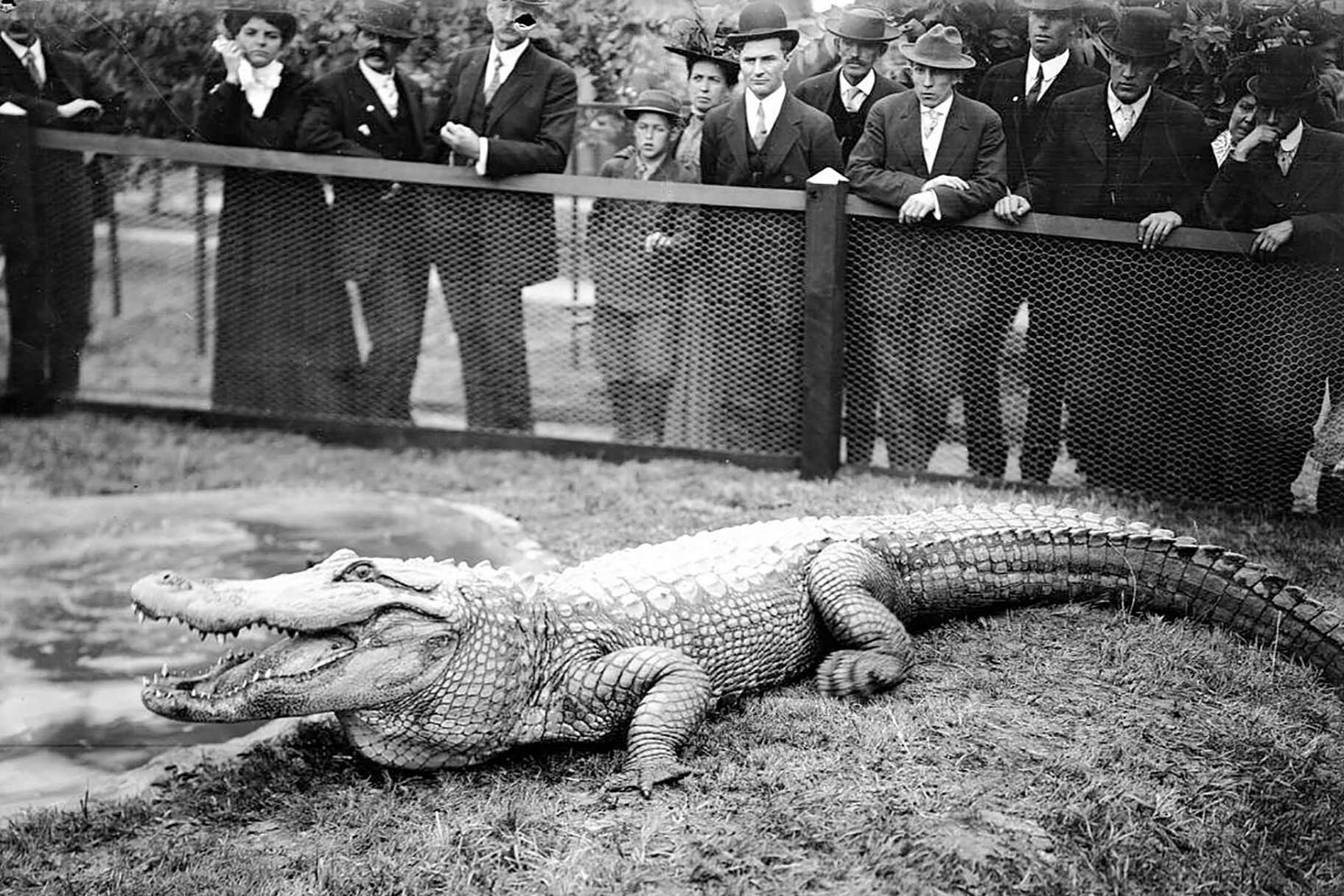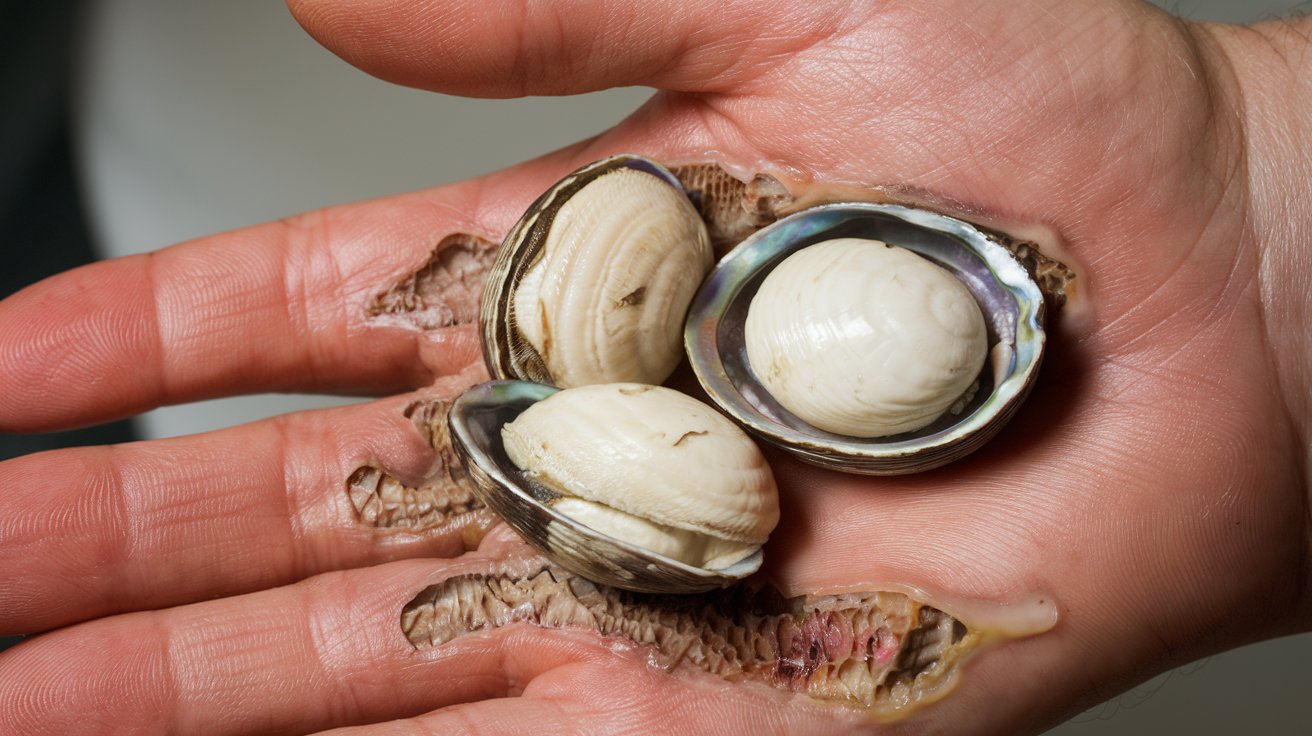
Did you know that the California Alligator Farm was once a major tourist attraction in Los Angeles? This quirky spot, which opened in 1907, drew crowds eager to see alligators up close. Visitors could watch feeding shows, take photos with the reptiles, and even buy baby alligators as pets! Located in the Lincoln Heights neighborhood, the farm moved to Buena Park in 1953, where it continued to entertain guests until it closed in 1984. The California Alligator Farm was more than just a zoo; it was a piece of local history that fascinated generations. Ready to learn more? Here are 37 intriguing facts about this unique attraction.
Key Takeaways:
- The California Alligator Farm was a popular attraction in Los Angeles, offering visitors a chance to see alligators up close and learn about their conservation. It closed in 1984 but left a lasting legacy.
- The farm featured alligator wrestling shows, educational programs, and even a petting zoo, making it a unique and memorable experience for visitors. Despite its closure, its impact on reptile conservation continues.
California Alligator Farm: A Glimpse into History
The California Alligator Farm was a unique attraction that captivated visitors for decades. It offered a rare opportunity to see these fascinating reptiles up close. Here are some intriguing facts about this historic site.
-
The California Alligator Farm opened in 1907 in Los Angeles, making it one of the earliest reptile attractions in the United States.
-
Initially located in Lincoln Heights, the farm moved to Buena Park in 1953 to accommodate a growing number of visitors.
-
The farm was home to hundreds of alligators and crocodiles, providing a rare glimpse into the lives of these ancient creatures.
-
Visitors could watch feeding shows where handlers demonstrated the power and agility of alligators.
-
The farm also featured a petting zoo, allowing guests to interact with less intimidating animals like goats and rabbits.
Unique Attractions and Activities
The California Alligator Farm wasn't just about alligators. It offered a variety of attractions and activities that kept visitors entertained.
-
One of the most popular attractions was the alligator wrestling shows, where brave handlers would wrestle with the reptiles.
-
The farm had a large pond where visitors could see alligators swimming and basking in the sun.
-
There was a gift shop that sold alligator-themed souvenirs, from stuffed animals to postcards.
-
Educational programs were offered to teach visitors about alligator biology and conservation.
-
The farm hosted birthday parties and special events, making it a popular destination for families.
Famous Visitors and Cultural Impact
The California Alligator Farm attracted a wide range of visitors, including some famous faces. Its cultural impact was significant, leaving a lasting legacy.
-
Hollywood stars like Charlie Chaplin and Mary Pickford were known to visit the farm.
-
The farm appeared in several movies and TV shows, boosting its popularity.
-
It was a favorite destination for school field trips, providing an educational experience outside the classroom.
-
The farm's unique attractions were often featured in travel guides and magazines.
-
It inspired other reptile parks and zoos across the country.
Challenges and Controversies
Like any long-standing attraction, the California Alligator Farm faced its share of challenges and controversies.
-
In the 1960s, animal rights activists began to criticize the farm for its treatment of alligators.
-
There were several incidents where alligators escaped, causing concern among local residents.
-
The farm struggled financially in its later years, leading to its eventual closure in 1984.
-
Despite these challenges, many former visitors remember the farm fondly.
-
The site where the farm once stood is now a residential area, but its legacy lives on in the memories of those who visited.
Fun and Quirky Facts
Beyond its historical significance, the California Alligator Farm had some fun and quirky aspects that made it truly unique.
-
The farm once had an albino alligator, a rare and fascinating sight.
-
Visitors could buy alligator meat at the farm's snack bar, offering a taste of the exotic.
-
The farm's alligators were sometimes used in Hollywood films, adding to their fame.
-
There was a rumor that the farm's alligators were fed stray cats and dogs, though this was never confirmed.
-
The farm's mascot, a friendly alligator named "Al," was a favorite among children.
Educational Impact and Legacy
The California Alligator Farm played an important role in educating the public about reptiles and their conservation.
-
The farm's educational programs helped raise awareness about the importance of protecting alligator habitats.
-
Many visitors left the farm with a newfound appreciation for these misunderstood creatures.
-
The farm collaborated with local schools to provide educational materials and resources.
-
It also supported research on alligator behavior and biology.
-
The farm's legacy continues to inspire reptile enthusiasts and conservationists today.
The End of an Era
The closure of the California Alligator Farm marked the end of an era, but its impact is still felt.
-
The farm closed its doors in 1984 due to financial difficulties and changing public attitudes towards animal attractions.
-
Many of the farm's alligators were relocated to other zoos and wildlife parks.
-
Former employees and visitors often share their memories of the farm online, keeping its legacy alive.
-
The farm's closure was covered by local news, marking the end of a significant chapter in Los Angeles history.
-
Despite its closure, the California Alligator Farm remains a beloved part of Southern California's past.
-
The farm's influence can still be seen in modern reptile parks and zoos.
-
Its unique blend of education, entertainment, and adventure made it a one-of-a-kind attraction.
Final Glimpse at California Alligator Farm
California Alligator Farm was a wild mix of adventure, education, and a bit of the unexpected. From its opening in 1907 to its closure in 1953, it offered visitors a close-up look at these fascinating reptiles. The farm wasn't just about entertainment; it played a role in conservation and education, helping people understand alligators better.
Though the farm's gates closed long ago, its legacy lives on in the memories of those who visited. It remains a quirky chapter in California's history, reminding us of a time when roadside attractions were a big deal. If you ever come across old photos or stories about the farm, take a moment to appreciate this unique piece of the past. It’s a reminder of how curiosity and a bit of daring can create lasting memories.
Frequently Asked Questions
Was this page helpful?
Our commitment to delivering trustworthy and engaging content is at the heart of what we do. Each fact on our site is contributed by real users like you, bringing a wealth of diverse insights and information. To ensure the highest standards of accuracy and reliability, our dedicated editors meticulously review each submission. This process guarantees that the facts we share are not only fascinating but also credible. Trust in our commitment to quality and authenticity as you explore and learn with us.


